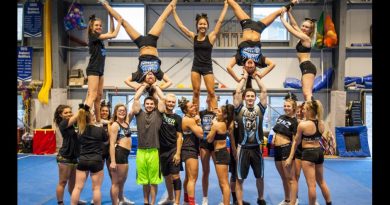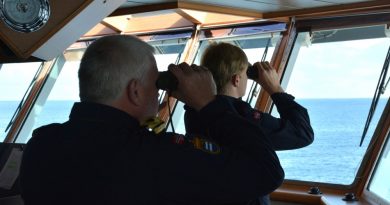Miles Canyon in Canada’s Yukon territory needs name change, says MLA
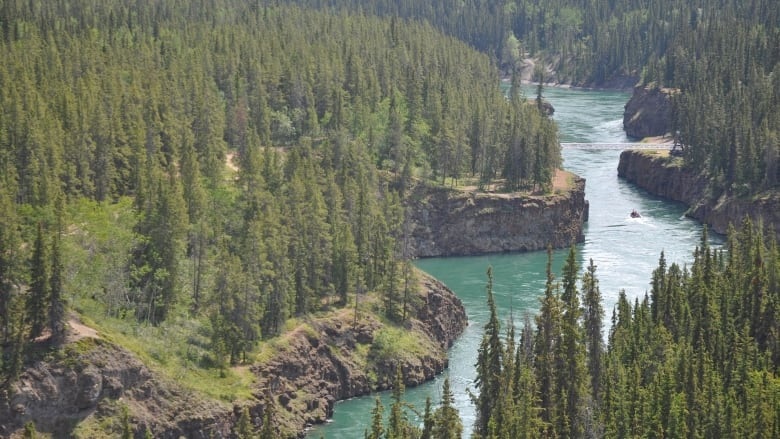
It’s one of Whitehorse’s best known and most admired local landmarks.
The same, however, can’t be said for its namesake — a long-deceased American general with a tarnished legacy and no real connection to Yukon, Canada’s northwestern territory.
That’s why it may be time to send the name Miles Canyon drifting downstream, says NDP MLA Liz Hanson. She’s planning to introduce a motion in the legislature urging such a move.
“The continuation of that naming after [Gen. Nelson Miles] runs contrary to the whole notion of the spirit of reconciliation, in my view,” Hanson said.
“It just seems like one of those ones that, the more people become aware of who this is de facto honouring, I think the less comfortable people would be.”
The spectacular, photogenic canyon was given its current name in the 1880s by U.S. Army Lt. Frederick Schwatka, as he explored the Yukon River system.
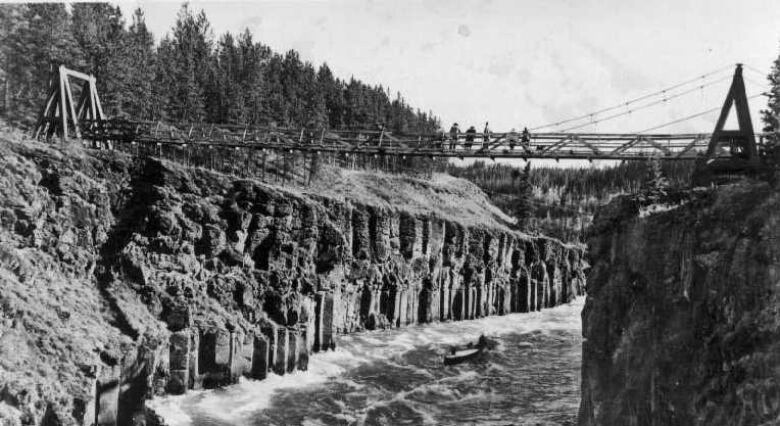
Schwatka’s habit was to name geographic features he found after prominent Americans — such as his boss, U.S. Army Gen. Nelson Miles.
Miles fought in the American Civil War and the Spanish-American War. He also led many of the U.S. Army’s campaigns against the Indigenous tribes of the Great Plains in the American Indian Wars of the Midwest.
That legacy, along with the fact that Miles was never known to have been in Yukon, is what bothers Hanson.
Miles “has got no link to the Yukon, no link to our history, and also in fact represents a brutal aspect of American history,” she said.
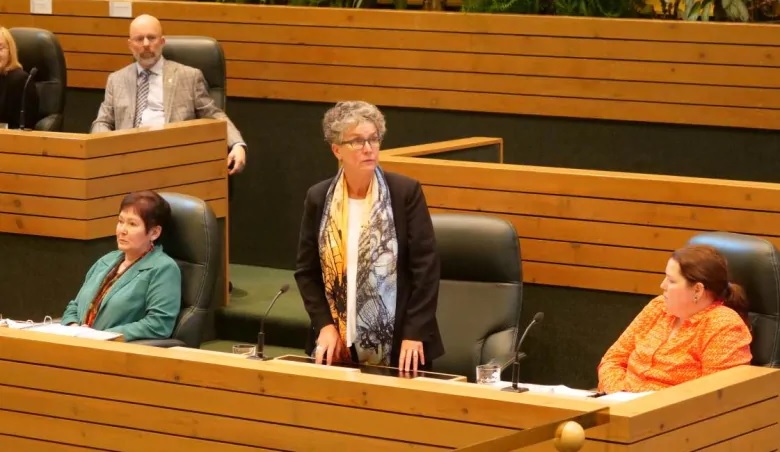
“We’re moving along a continuum towards reconciliation, and I hope that just even having this conversation … would be just another part of that.”
No name in mind yet
The idea of relegating Miles’s name to the history books has been talked about in Whitehorse before. A posting earlier this week on the popular Yukon History and Abandoned Places page on Facebook generated hundreds of comments.
Hanson says her motion would be a way to force the conversation forward. It wouldn’t recommend a specific new name, but rather urge the Yukon Geographical Place Names Board to look for an alternative.
“Maybe what we should be doing is looking at a way of honouring the original owners of this land and reflecting [how] they may have referred to that body of water that goes through that canyon,” she said.
The Yukon Geographical Place Names Board is an independent advisory board, made up six people appointed by Yukon’s minister of tourism and culture. Three of those people are nominated by the Council of Yukon First Nations.
According to its website, the board’s role is to review name change submissions and make recommendations to the minister. Recommendations are based on research and consultation with local residents.
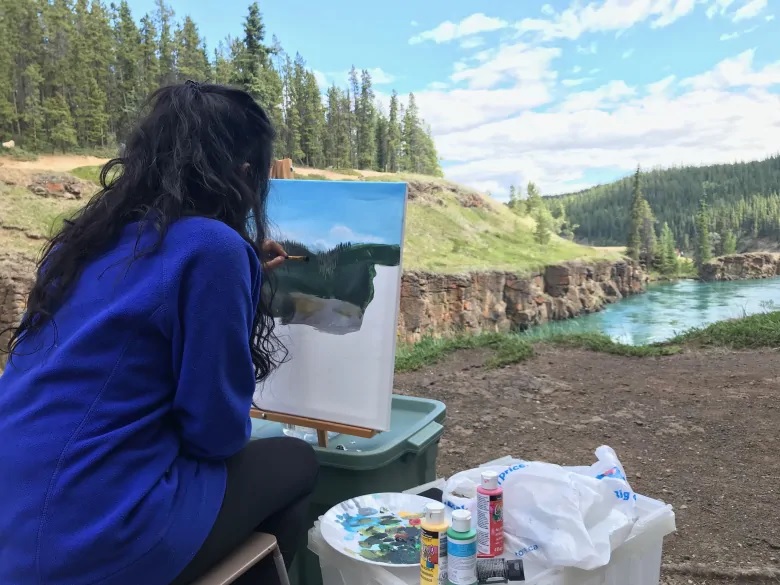
“In the case of Yukon First Nations, they may name or rename geographical features on their settlement lands. These names are then deemed to have been approved by the YGPNB and are forwarded to the minister for consideration,” the site reads.
It also states as one of its guiding principles that priority is given to “names with long-standing local usage by the general public, particularly Indigenous names in the local native language.”
Hanson acknowledges there may be some resistance to re-naming such a well known city landmark, but she’s not worried.
“In general, I think would people be supportive,” she said.
Related stories from around the North:
Canada: We’ve spelled this Indigenous community’s name wrong for decades, CBC News
Norway: Inuit, Sami leading the way in Indigenous self-determination, study says, CBC News
Sweden: Calls for more Indigenous protection in Sweden on Sami national day, Radio Sweden
United States: Indigenous leaders at UN meeting push for decade dedicated to language revitalization, CBC News

